Logistics News with TELS GLOBAL
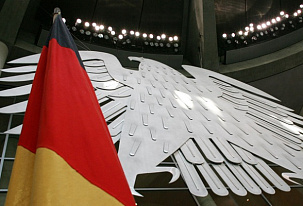
Energy Crisis Causes German Businesses Fleeing to the US
The energy crisis affects almost all branches of the German economy. About 82% of the 24,000 businesses surveyed view energy and raw material prices as a huge business risk and threat to business.
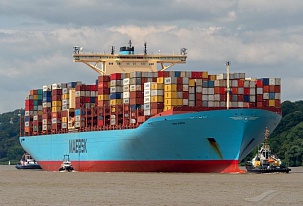
Maersk predicts a 2-4% contraction of the container shipping market in 2022
In its Q3 report, Maersk notes global container demand falling. High inflation and a slowdown in business activity led to a decrease in imports from Asia to Europe over the last quarter by 6.0% year-on-year.

Industry pessimism in Germany, Poland, and the Eurozone intensifies
The S&P Global Eurozone Manufacturing PMI fell to 46.4 in October from 48.4 in September. The index value was recorded in the sub-50.0 territory for a fourth month in a row.
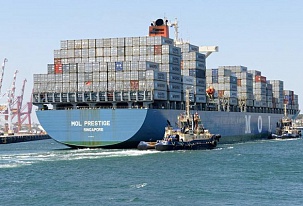
Container spot rates continue to fall
Spot rates for shipping containers from Asia to North America East Coast continue to fall on all key routes, except for routes connecting North America with Europe.
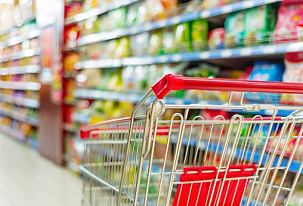
Consumers around the world are tightening belts
Consumers in European, Asian countries, and the US are returning to belt-tightening measures that were prevalent in the 1970s and 1980s amid high inflation.
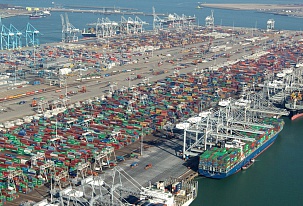
Europe’s largest port throughput rises substantially again in Q3
Container throughput at the port of Rotterdam, which handles about a third of all containers transshipped through northern European hubs, revived growth in the third quarter, despite the almost complete cessation of container trade with Russia.
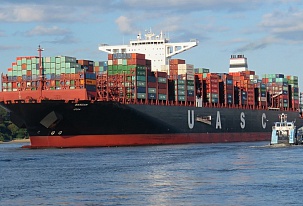
Marine carriers reduce capacity, but ocean rates continue to fall
According to Sea-Intelligence, after the Golden Week festival in China, marine carriers have reduced trans-Pacific vessel capacity by 26-31% for three weeks through the cancellation of sailings, and by 19-27% on routes from Asia to Northern Europe.
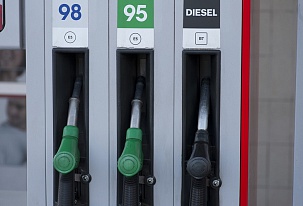
A record-high increase in fuel prices in Europe
In early October, there was a surge in fuel prices at Polish gasoline stations. According to BM Reflex, the average retail price of diesel fuel was PLN 7.6 per litre. This meant an average increase of 34 cents per litre per week.

The World Bank and IMF chiefs warned of the increasing risk of a global recession
There could be a risk of recession for the world economy next year, World Bank President David Malpass said at a joint discussion with International Monetary Fund (IMF) Managing Director Kristalina Georgieva, Reuters reports. Gergieva agreed with him.
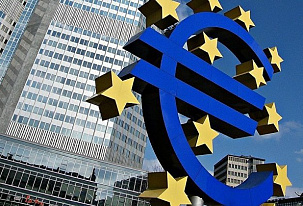
EU business activity likely to endure recession
Business activity in the eurozone continues to decline - the S&P Global’s final composite index PMI fell to a 20-month low of 48.2 in September from August’s 48.9.
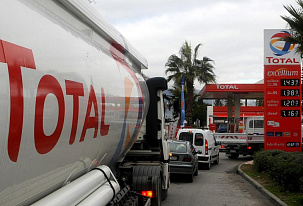
Strike action at oil refineries in France threatens supply chains
Weeks-long strikes by the fuel trade unions in France are leading to chaos throughout the country. Carriers are warning of supply chain disruptions, especially when it comes to transporting fresh produce.
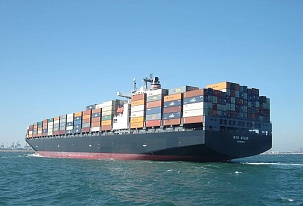
Spot rates and contract rates are formed almost independently of each other
The dynamic drop in the spot container market has not yet strongly impacted the contract market. The value of the XSI long-term container freight rate index decreased in September by only 1.1%, while the Drewry WCI composite spot index fell by a third over the month.

International road freight rate forecast for 2023-25
The Marketing Department of TELS GLOBAL has made a forecast for FTL road freight rates to/from/within the EU for the period 2023-25. The report states that forecasting amid the current global crisis is too imprecise.
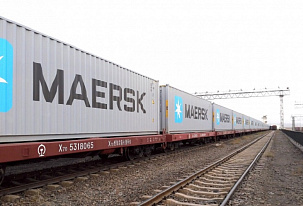
New Spain-UK rail freight service for temperature sensitive cargo
Maersk launches new Spain-UK rail freight service for transport of fresh produce.
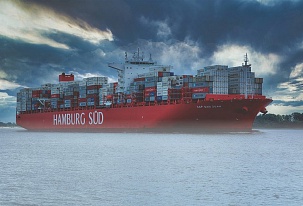
Shipping goods from China to Europe takes 3 months on average
The period of 94 days is the average time for shipping goods by sea from China to Europe. The pre-pandemic average transport time was around 60 days.

Foreign transport business “invades” Europe
The influx of foreign entrepreneurs in Europe began in May, and every month there are more and more drivers and transport companies from abroad. 95% of entrepreneurs who have set up their businesses in Europe developed the transport industry in their homeland.
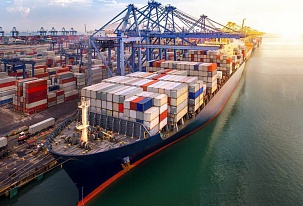
Container freight rates are falling, but what will be the floor?
The Clarksons charter rate index is currently 246 points, remaining more than four times the 2019 average. However, the index dropped 26% week-on-week last week.
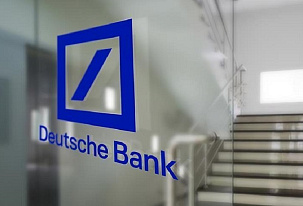
Deutsche Bank says it now expects a ‘longer and deeper’ recession in Europe
Deutsche Bank’s economists argued their previous prediction for a “mild recession” in Europe is no longer valid as the energy crisis has worsened substantially since July.

Germany ranks second in the world and first in Europe in terms of cargo thefts
The latest analysis of cargo crime across the Europe, Middle East & Africa (EMEA) region by the Transported Asset Protection Association (TAPA) has found that a large majority of losses from supply chains is concentrated in 10 countries.

Container fleet capacity up 30% in 2025 compared to the pre-pandemic levels
According to Clarksons, the container ship orderbook began to grow rapidly in the second half of 2020, and by mid-2022 it was close to 900 vessels with a capacity of more than 7 million TEUs.